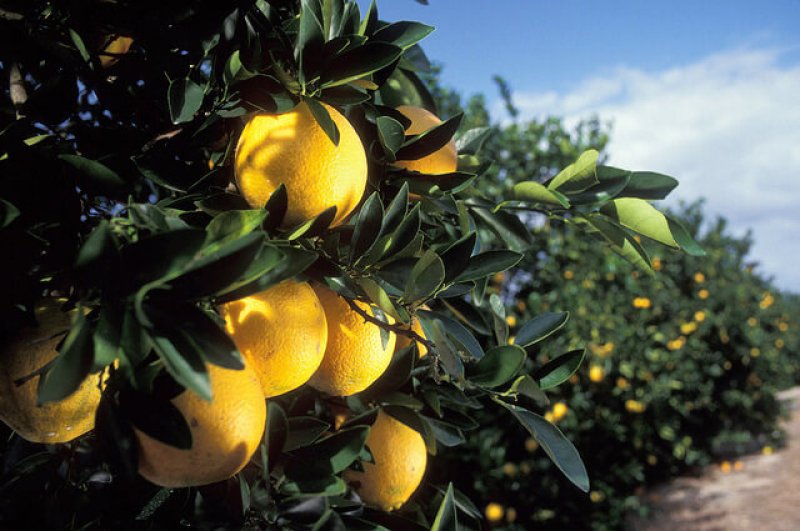The GLP aggregated and excerpted this blog/article to reflect the diversity of news, opinion and analysis.
Florida’s Department of Agriculture and Consumer Services has applied to the U.S. Environmental Protection Agency for permission to spray 2.23 million pounds of antibiotics on its orange groves as a protection against a devastating disease. But the drugs the state is asking to use are also important human antibiotics, so campaigners concerned about the spread of antibiotic resistance are asking the EPA to block the proposal. Florida believes that its citrus industry is at stake, so the stage is set for a fight.
. . . .
In Florida, if approved, the drugs will be used to treat an existing disease, a bacterial infection called huanglongbing, also known as “citrus greening.” . . . . But it won’t, strictly speaking, cure the infection, though it will help the trees to survive longer.
. . . .One set of comments to the EPA, made by the nonprofit coalition Keep Antibiotics Working, estimates the state is asking to use four times as much oxytetracycline and 36 times as much streptomycin as are used in U.S. patients each year. Advocates worry that such high doses may increase the risk that the drugs will stop working in humans. . .
. . . .
The petition was filed December 4, 2015, and seems to have slipped through without much notice. The public comment period closed earlier this month, and at least 50 of the 56 comments are supportive ones from citrus growers and industry figures. . . .
. . . .
But the few advocates who oppose the plan say the lavish use of antibiotics could harm pollinators that are also crucial for citrus tree survival, as well as creating antibiotic-resistant bacteria that could harm humans—and, possibly, create a resistant version of citrus greening itself.
Read full, original post: Should Citrus Farmers Use Antibiotics to Combat Greening Disease?































